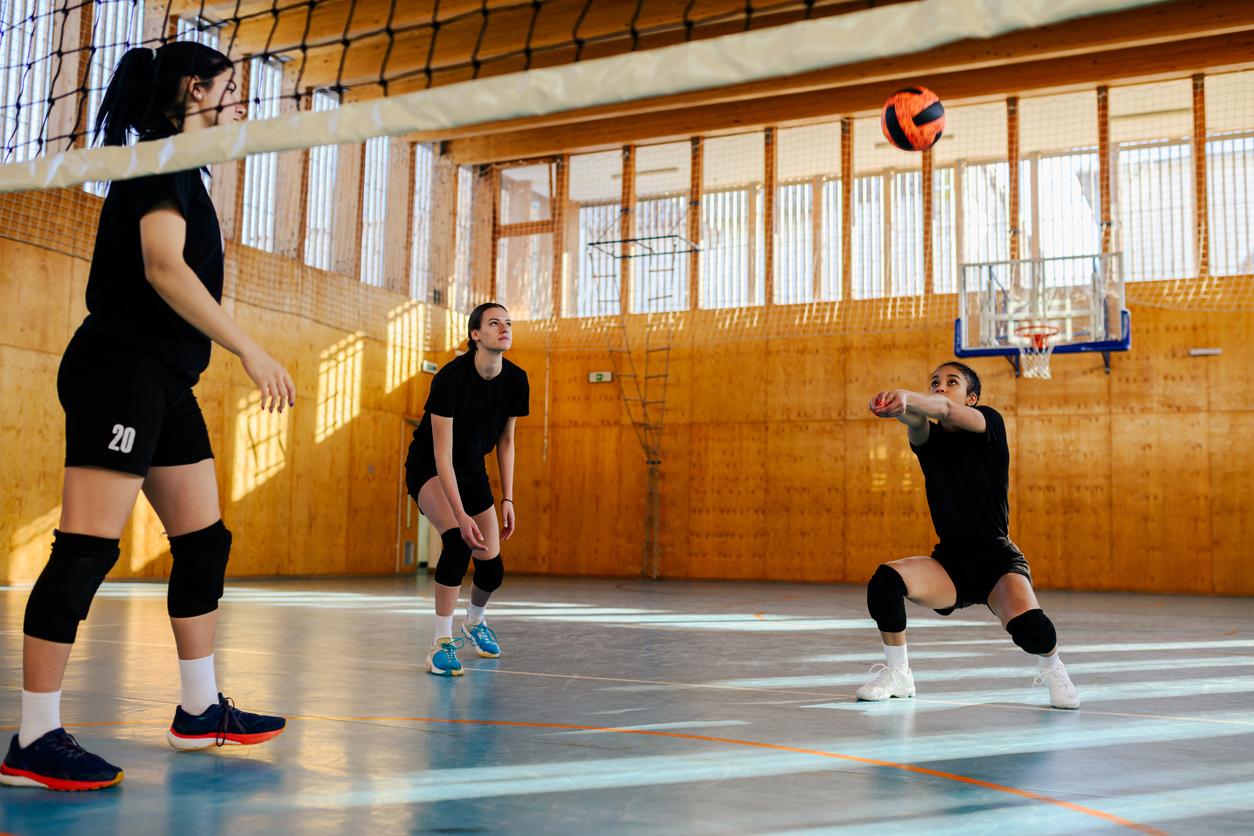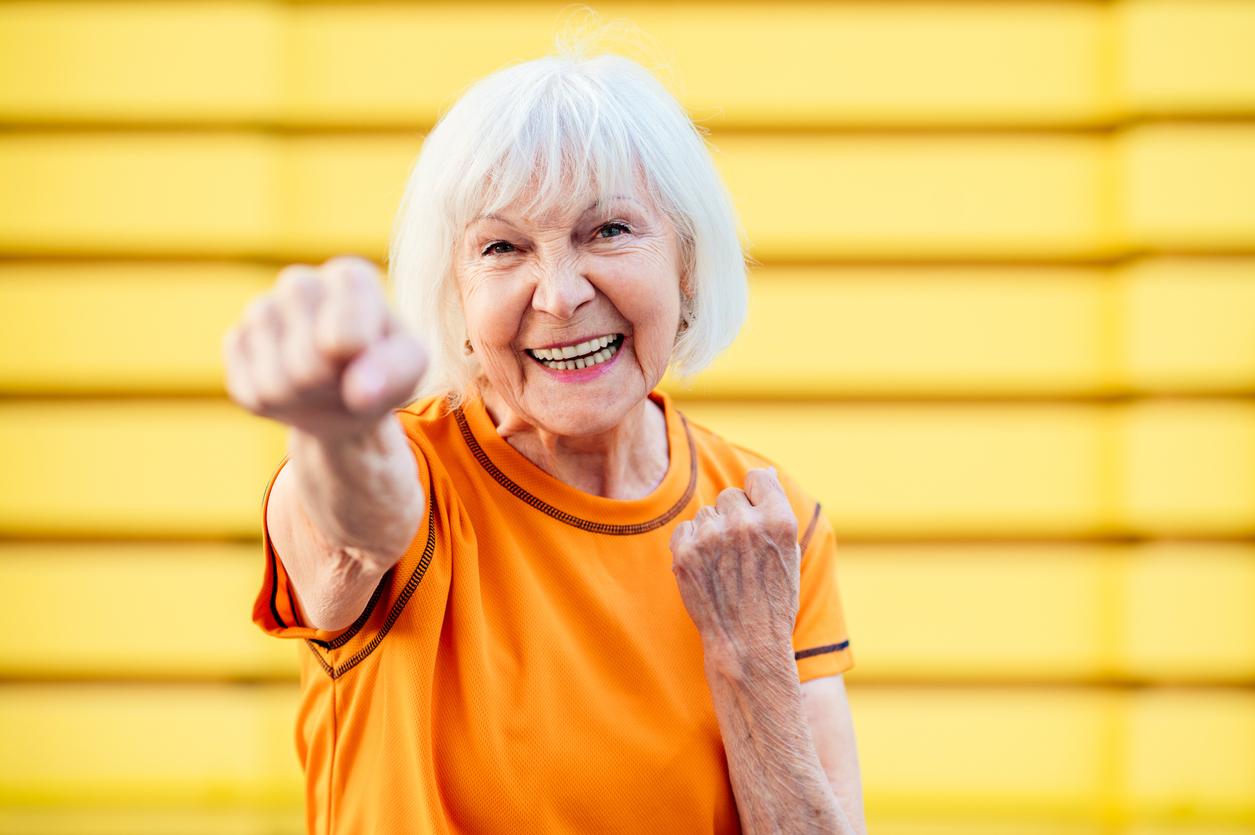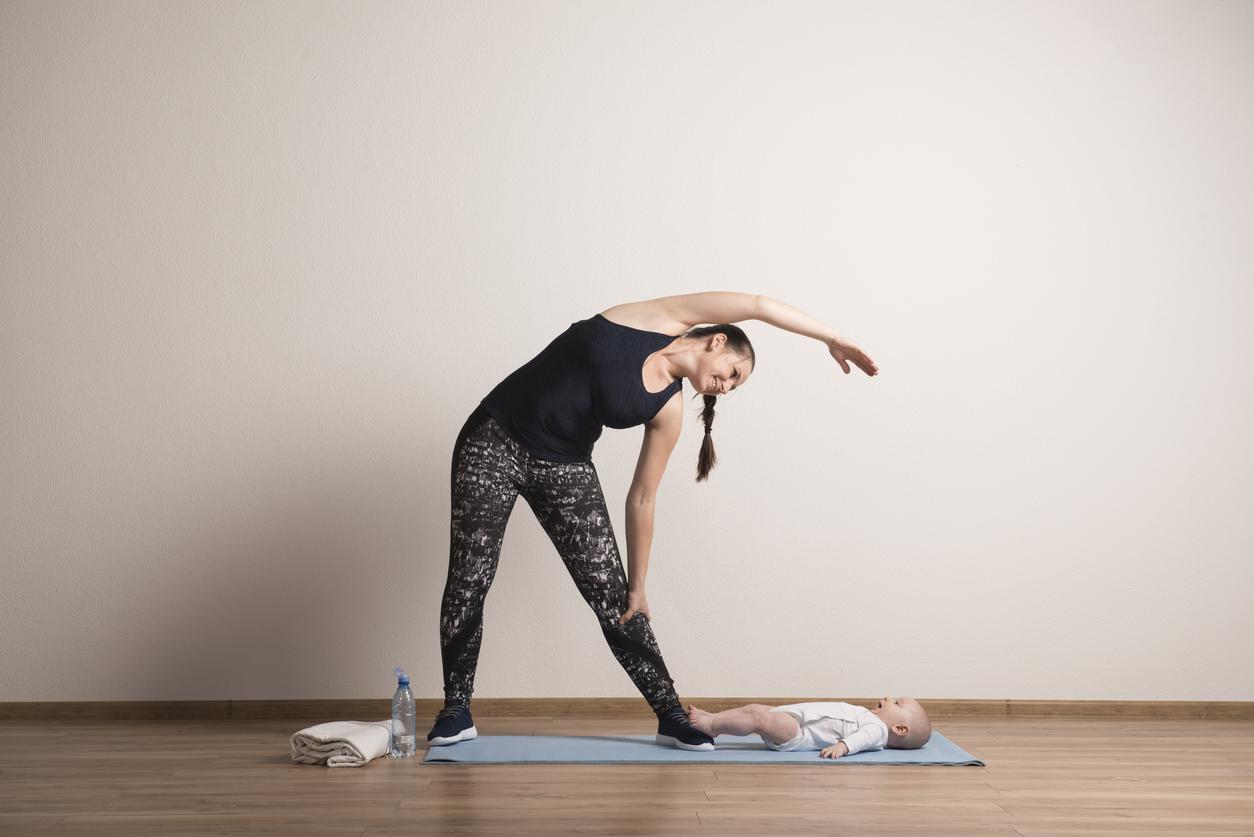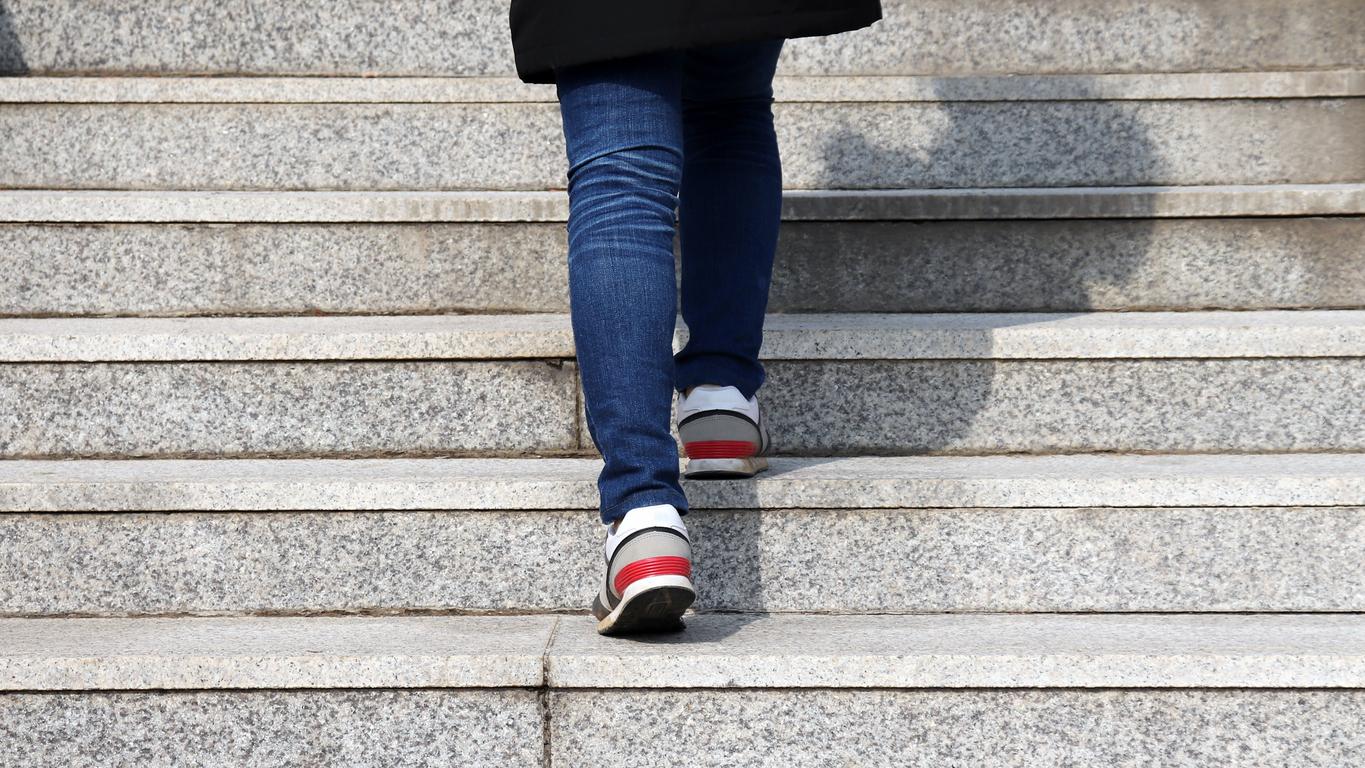Long-term exercise benefits young people’s health later in life, but women and students with higher levels of education do not experience these benefits.

- Adolescent girls are more likely to not adopt good sports habits due to “reduced opportunities, less access and a lack of sports diversity, divergent parental and cultural expectations and stereotypes.”
- This is also the case for students with good academic results, people with a low sense of self-efficacy, those reluctant to exercise and those who are socio-economically disadvantaged.
- According to the authors, schools should “put in place programs aimed at encouraging the practice of physical activity.”
“It is well known that regular physical exercise in young people improves fitness, physical health, self-esteem, reduces psychological distress and establishes long-term patterns that reduce the risk of disease in old age adult However, there seems to be a critical period in adolescence, around age 15, for these behaviors to take place. has indicated Oliver Schubertprofessor at the Faculty of Medicine at the University of Adelaide (Australia).
In a recent study, the researcher and his team wanted to analyze the individual and societal factors that influence the adoption of long-term sporting habits during this transition between adolescence and early adulthood. To do this, they followed 9,353 young people aged 15 to 25. The scientists modeled longitudinal trajectories of sport and explored the association between the trajectories and outcomes in health, mental health, and academic achievement. Two types of exercise behaviors were considered: daily physical activity and exercising at least once a week. “For both models, at the age of 15, belonging to a trajectory was predicted by gender, self-efficacy, time spent playing sports, time spent watching television, status socio-economic status of parents and academic knowledge.”
Adolescent girls and bright students do not adopt good sports habits
According to the results, published in the journal Plos One, at the age of 25, people who engaged in daily physical activity reported better general health. Participants who exercised once a week also had better general health and reduced rates of psychological distress, were happier with life and more optimistic about the future compared to volunteers who did not exercise weekly. .
Researchers found that women, people with low self-efficacy, those reluctant to exercise, and those socioeconomically disadvantaged were most likely to fail to establish fitness habits. regular exercise during this transition period. “The disadvantage experienced by women is influenced by reduced opportunities, less access and a lack of sporting diversity, but also by divergent parental and cultural expectations, stereotypes and role models,” explained Julie Morgan, who led the work. In the list, we also find people with good academic results. “The risk for high-achieving students was unexpected and highlights the need to promote a balance between academics and self-care,” said Scott Clark, co-author of the study.
School: the implementation of “programs aimed at encouraging the practice of physical activity”
Given these findings, the team said there is a need to raise awareness among young people at an early stage to encourage groups they have identified as at risk to develop long-term exercise habits. “Given that the predictors of these habits are identifiable at age 15, school has a key role to play, particularly in later years, when academic achievement becomes more important for young people. Likewise , universities and professional training establishments could set up programs aimed at encouraging the practice of physical activity”, concluded Oliver Schubert.

















